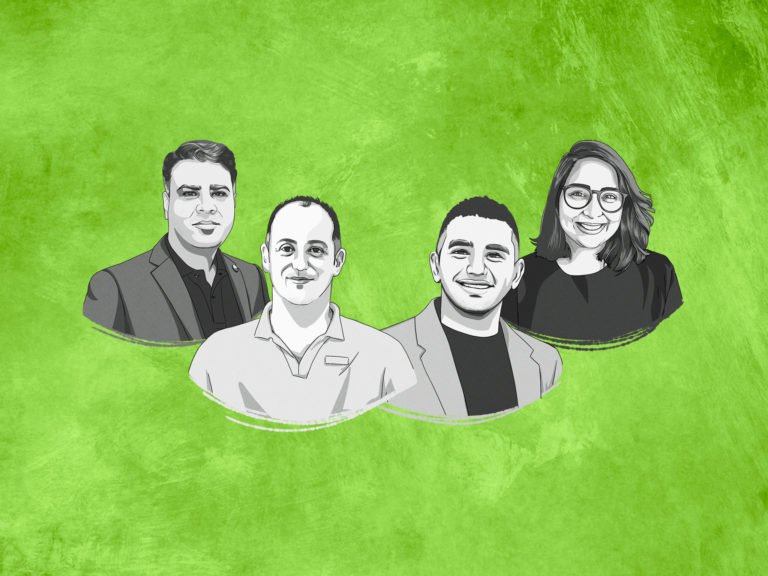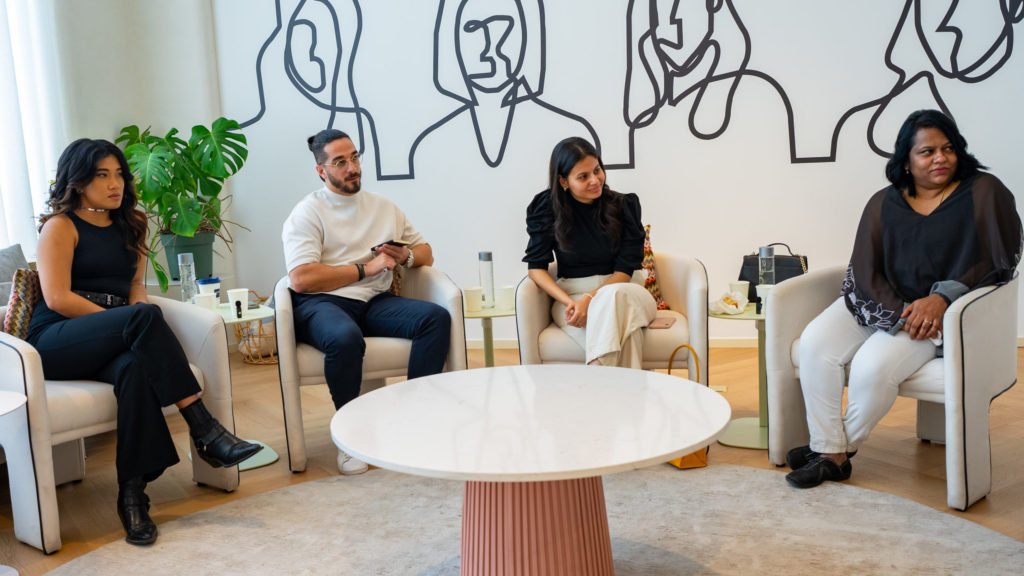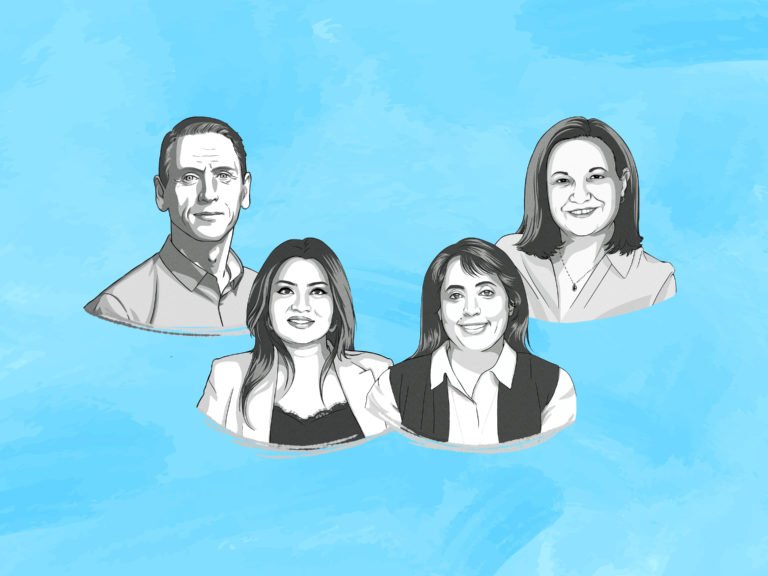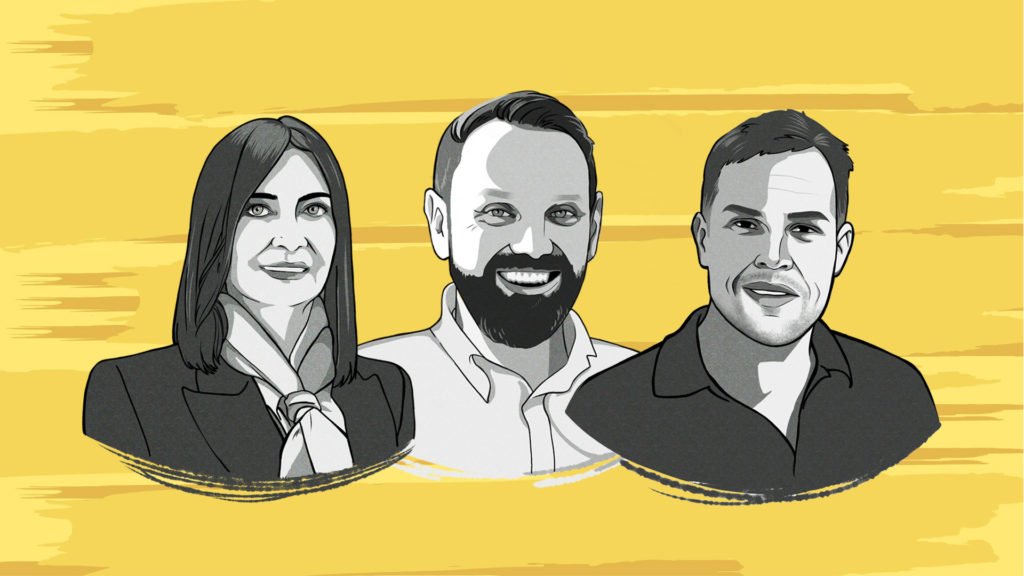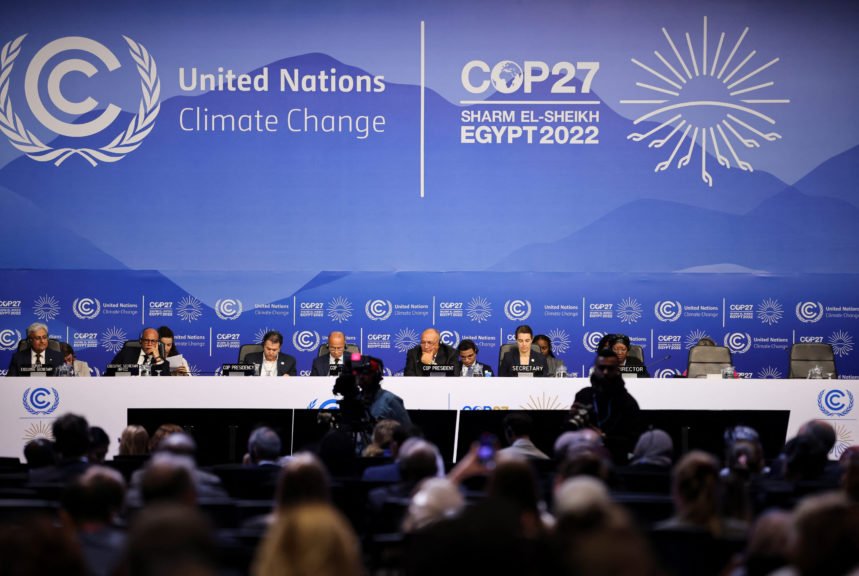Brian Kelly, MEA Sales Director for Haworth, believes that businesses in the UAE are definitely in tune with global trends and technologies, and are the last to be left out in the race to stay ahead. “Many companies have their regional corporate real estate teams based in the UAE who’re very aware of global trends in the workplace and are participating in the global workplace conversation. We’re seeing more offices in the UAE reflect global trends in the workplace. This is evident in the increased requirement for adaptable furniture solution and products that respond to the need for future-proofing your floor plate.”
And it’s not just individual businesses, but developers as well who’re looking to future-proof their projects, with developments such as Dubai Design District (d3) and One Central on the rise. “Corporate real-estate teams are creating ‘smart offices’ that are enhancing the employee experience to increase productivity, attract and retain talent, support wellbeing and promote corporate brand values. Smart buildings are also being used for space effectiveness and flexibility, reducing costs and the impact on the environment. At the same time, town planners are creating ‘smart precincts’, ‘digitally enabled, mixed-use districts that combine the latest technologies with new property strategies to support and catalyze the tech-led economy seeking to unite different social interests and groups’. These precincts keep people within its boundaries to make them more valuable and productive,” says Brian.
But the sheer speed of the development of new technologies and the push for employees to bring forward their own device poses a challenge to those tasked with planning years ahead for emerging technologies. Brian goes on to say that “new generations of people in the workplace are bringing new norms into the office environment, always connected, working anywhere, and working in nontraditional spaces. Organisations are under increased pressure to quantify workplace performance whilst also considering other outputs such as creativity, innovation, retention and employee satisfaction. We’re always looking to our analytics as a way to assess the effectiveness of the current space and anticipate future workplace design.”

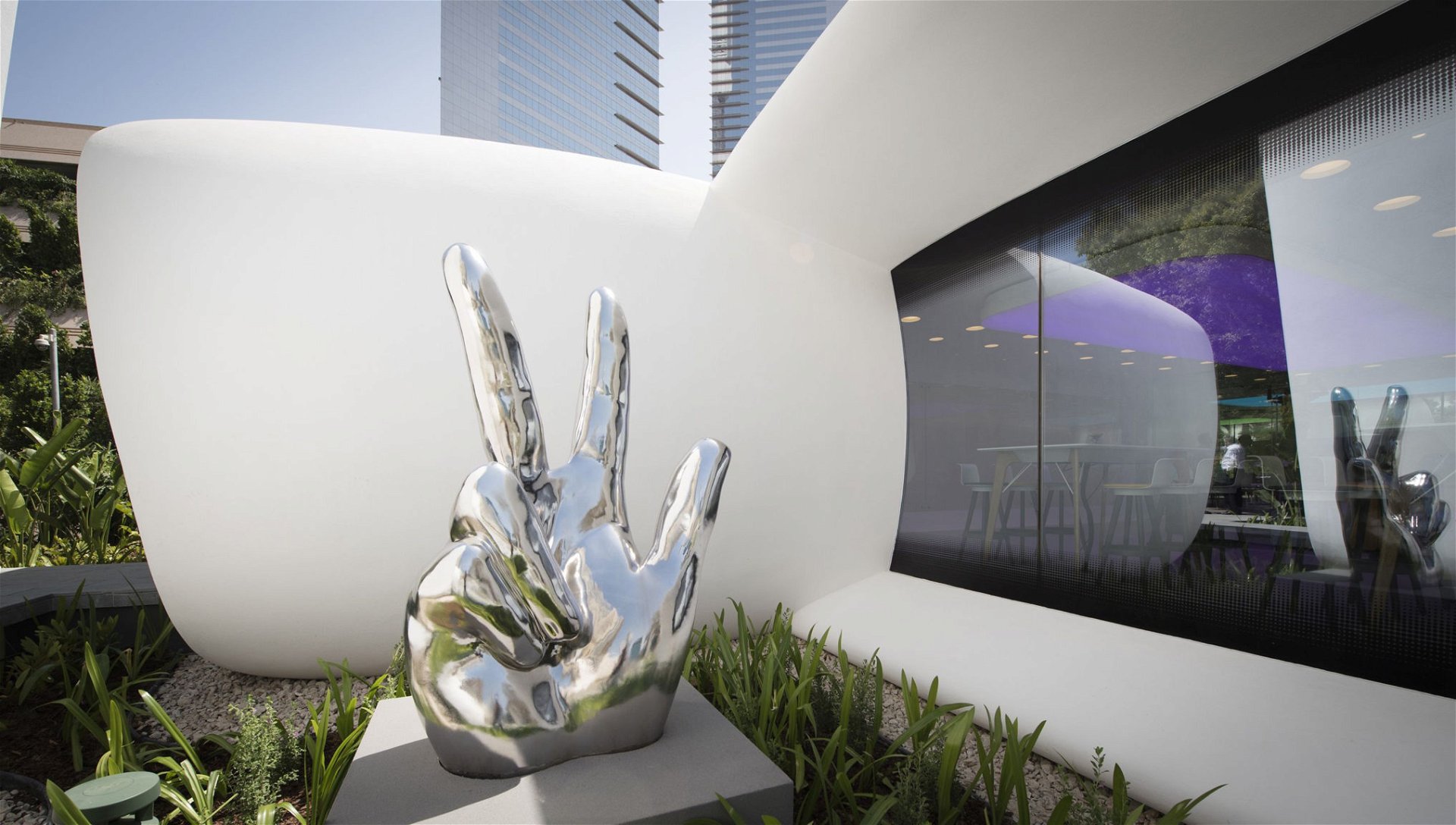
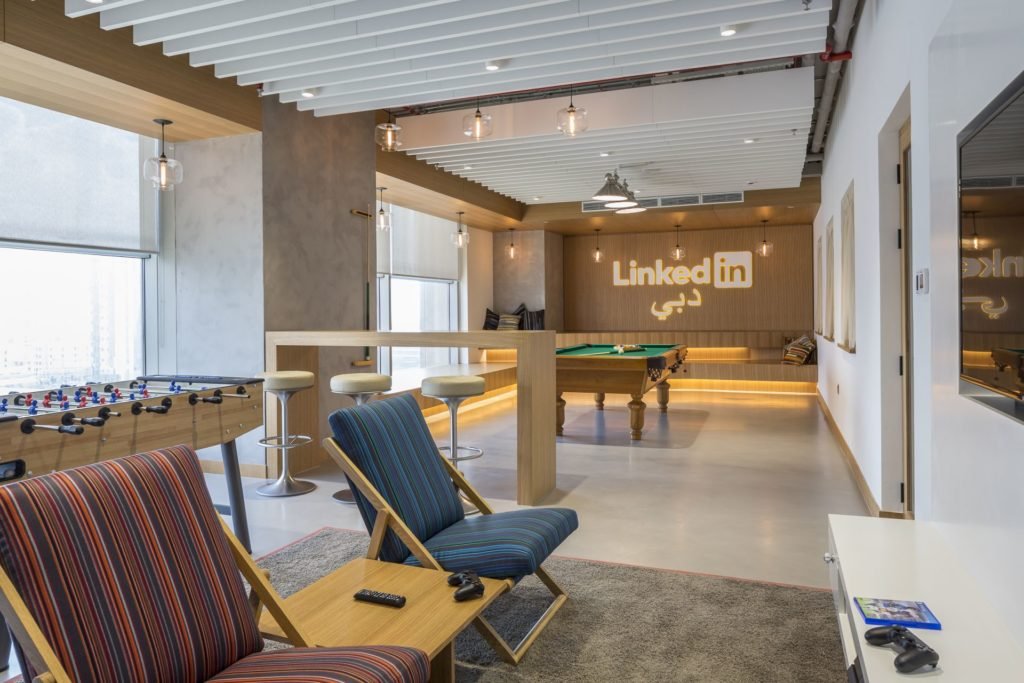
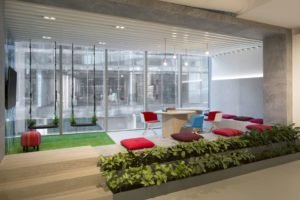
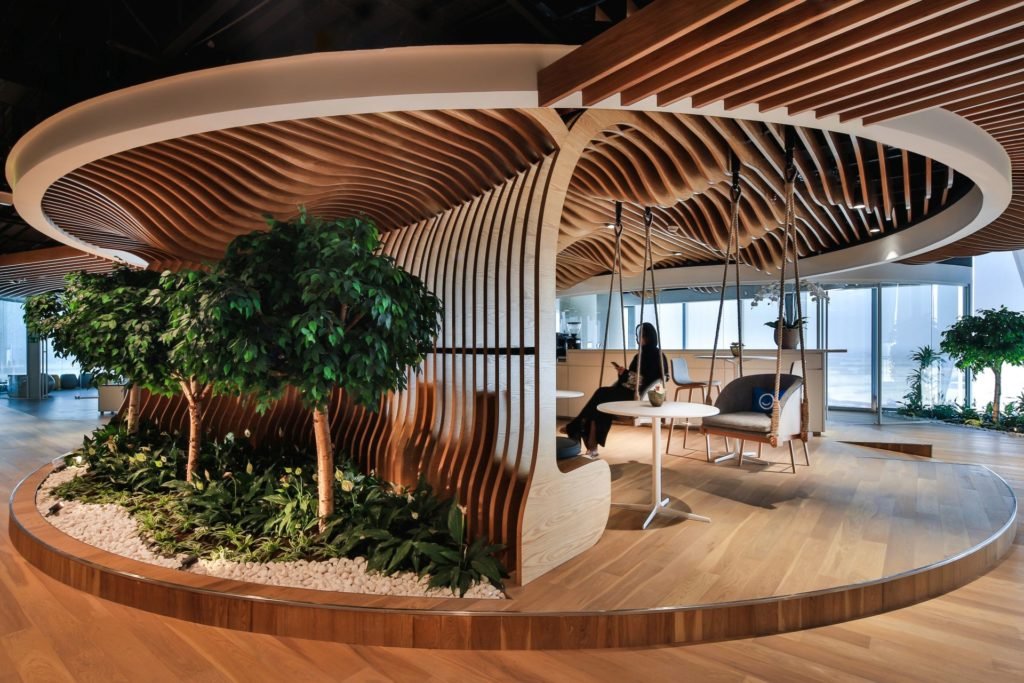
 Explore the future of Work & The Workplace.
Explore the future of Work & The Workplace.